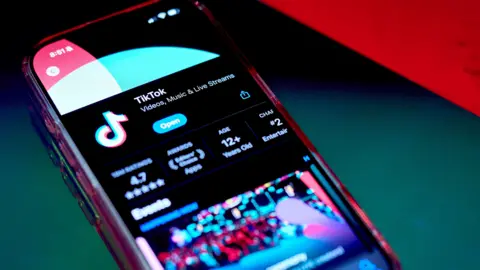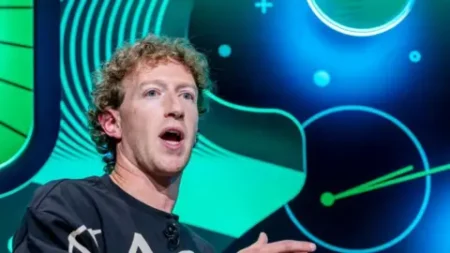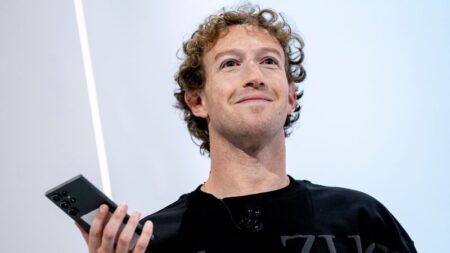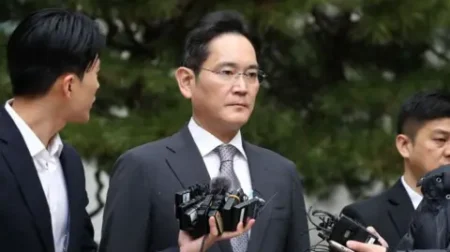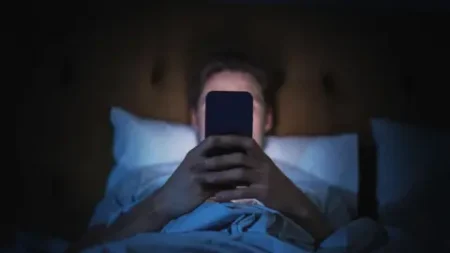TikTok, the popular social media app owned by the Chinese company ByteDance, has made a significant comeback to the app stores of Apple and Google in the United States. This resurgence follows an announcement from the Trump administration, which postponed the enforcement of a planned ban on the app until April 5, 2025. The ban had initially caused considerable concern among its more than 170 million American users, leading to the app becoming temporarily unavailable last month as the deadline loomed.
The recent developments originate from the signing of an executive order by former President Donald Trump, which granted TikTok a 75-day extension. This order allows the app to remain operational while it navigates compliance with a law demanding that it either be sold or face a permanent ban from operating in the U.S. TikTok, however, did not respond to inquiries from BBC News regarding this situation.
According to a report by Bloomberg, the decision for TikTok to return to the app stores was facilitated by assurances obtained by both Apple and Google from the Trump administration. These assurances indicated that the tech giants would not be held responsible for facilitating TikTok downloads and that the enforcement of the ban would be delayed. The legal backdrop for this decision stems from a law that was passed with bipartisan support in Congress and was subsequently signed into law by President Joe Biden. This law requires ByteDance to divest TikTok’s U.S. operations to an independent party to prevent an outright ban.
The Biden administration expressed concerns that TikTok posed a potential risk to national security, alleging that it could be leveraged by the Chinese government for espionage or political manipulation. In contrast, TikTok and Chinese officials have repeatedly denied such allegations. Beijing, in particular, has been resistant to suggestions that TikTok’s operations in the U.S. should be sold, with Chinese authorities asserting their opposition to any forced sales.
The bipartisan support for the law banning TikTok underscores the concern among U.S. lawmakers regarding foreign influence and data security. Even Trump’s administration showed initial enthusiasm to prohibit the app during his presidency, but he seemed to take a more favorable view towards TikTok in the latter parts of his term. Trump notably remarked on the app’s popularity and the engagement his videos received during the 2020 presidential campaign.
Upon the app’s reactivation in the U.S., TikTok sent a notification to its users, thanking Trump directly for these developments. The platform’s CEO, Shou Chew, engaged with Trump in Mar-a-Lago after his successful election in November and even attended the inauguration ceremony.
In an intriguing twist, Trump has suggested the possibility of a deal involving TikTok, proposing an arrangement where ownership would be split between a U.S. entity and the company. He also indicated interest in selling TikTok to notable figures such as Larry Ellison, an Oracle co-founder, and Elon Musk, who has been involved with government efficiency initiatives.
Previous talks of acquiring TikTok have included other prominent names, like billionaire Frank McCourt and Canadian business mogul Kevin O’Leary, who is widely recognized for his role on the investment show Shark Tank. Additionally, popular YouTuber Jimmy Donaldson, known as MrBeast, has also expressed interest in procuring TikTok, attracting investors who have reached out to him regarding the matter.
As this situation continues to evolve, the future of TikTok in the United States remains a focal point of interest, reflecting broader discussions on technology, national security, and foreign ownership of digital platforms. Consequently, TikTok’s quick return to app stores illustrates the complex interplay between government policy, business operations, and user engagement in the ever-developing landscape of social media.



